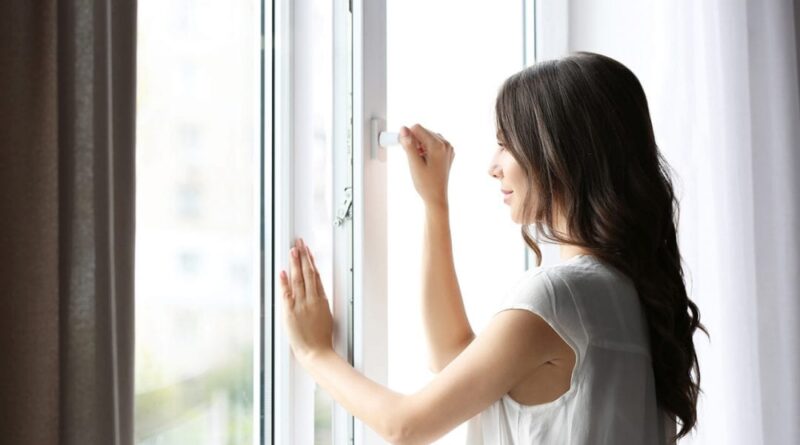Introduction
Contaminants in indoor air could have an adverse impact on human health. Most of this pollution originates from the outside, while others are produced indoors. This includes smoking, cooking, construction materials, pets, etc. In addition, most individuals spend 90% or more of their time inside.
So, it’s crucial to maintain proper indoor air quality. Therefore, the right home air filter can help you with this problem.This article will discuss the advantages of the right air filter, how to select them, and several essential tips to improve indoor air quality. So, to learn more, continue to read.
Advantages Of Improved Indoor Air Quality
For several reasons, maintaining high-quality indoor air is crucial. It is necessary for maintaining comfort, enhancing productivity, and safeguarding human health. In addition, it might be beneficial to increase your building’s lifetime.Here, we’ll go through the top six advantages of having improved indoor air.
Increased Comfort
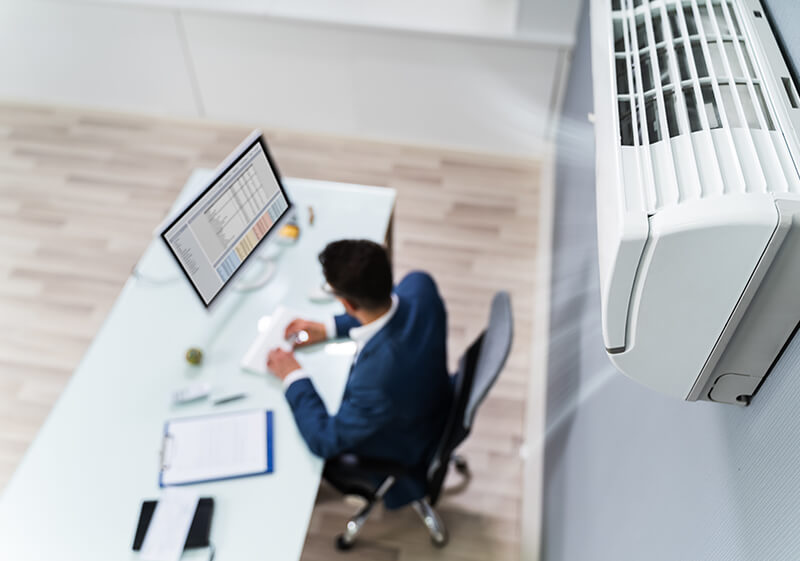
source: pinterest.com
A better indoor environment might make you feel more relaxed within your apartment. By enhancing Indoor air quality, you may minimize unnecessary humidity, preserve a more stable temperature, and eliminate unwanted odors.
Improved Respiratory Health
For healthy respiratory function, it’s crucial to breathe clean air. By reducing the number of airborne particulates in your house, improving Indoor air quality can enhance your lung health and lessen respiratory issues.
Balances Humidity
Excessive or insufficient moisture can attract parasites and increase mold growth. This may result in issues with the lungs or other allergies. But, a better indoor air quality system can deliver the right humidity to the air in your house, making it more comfortable for you to live there.
Reduce Allergens
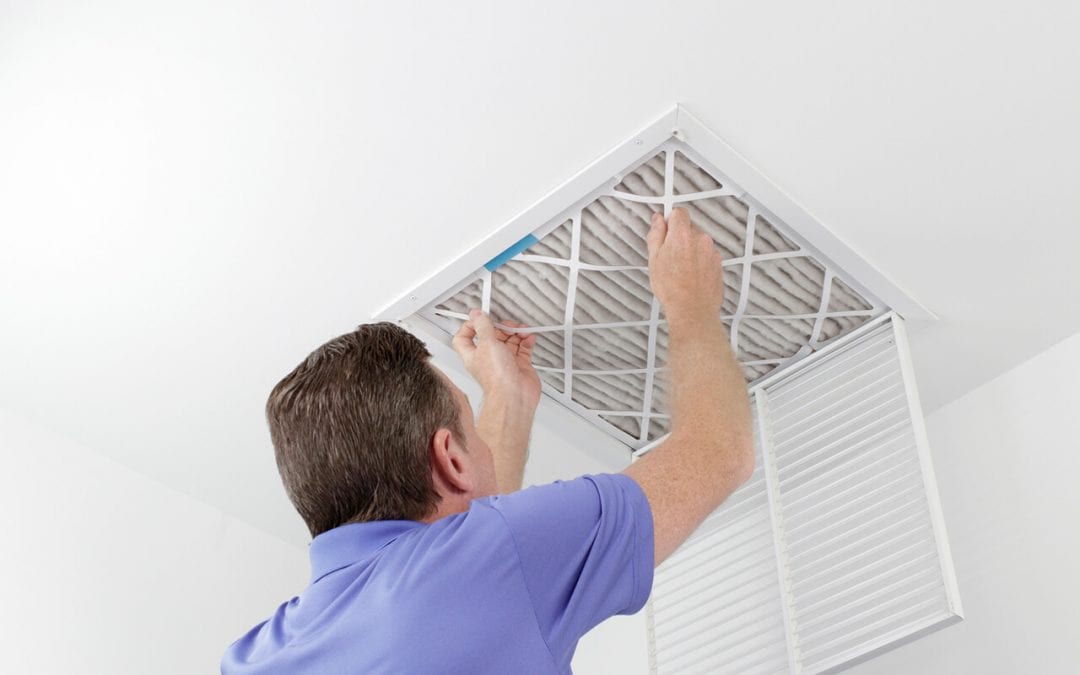
source: pinterest.com
Every structure contains allergens, including pollen, dust mites, and mold spores. But if you keep your home’s air quality improved, they won’t be able to spread and develop.
Improved Sleep Quality
Breathing in the fresh air can enhance sleep quality, leading to more strength and higher cognitive performance during the day. But, poor indoor air quality can greatly impact sleep quality by generating sleep disturbances such as sleep apnea, snoring, and asthma.
How To Choose the Right Air Filter For Home?
Selecting a perfect air filter is essential to improve air quality in a home. Several filters are available on the market and are all made for specific purposes. So, while selecting a filter, knowing your requirements are essential.Here are some tips which you should consider while selecting it:
- Choose an air filter size that matches your HVAC system, for example 10x10x0.5 air filter. Because a smaller filter will make a gap around the frame, and a larger filter won’t fit. Also, a larger filter will consume more electricity. So, choosing a right size air filter is really important.
- Look for the filter thickness. If you want highly clean air, choose the thicker filter; otherwise, select a lower-thickness filter.
- Consider the MERV rating of the filter. To remove larger particles, use a MERV grade between 1-4; to capture smaller particles like smoke and pet dander, choose a MERV grade between 11 and 13.
- Always select an energy-efficient filter to lower your overall electricity costs.
How To Improve Indoor Air Quality With The Right Home Air Filter?
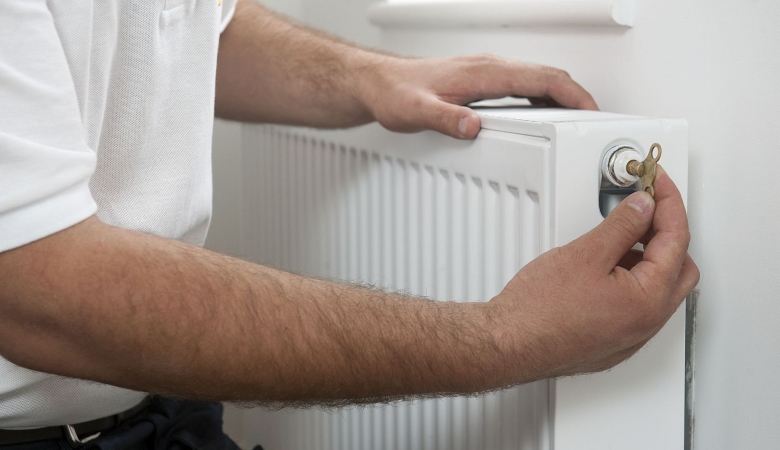
source: pinterest.com
To improve indoor air quality, high-quality HVAC filters are a must. Unfortunately, not all houses are the same, and there aren’t any universal right air filters that will apply to all houses. In this part, we will discuss some air filters, their efficiency, and some tips to improve indoor air quality. Based on this, you will know how to improve indoor air quality with the right air filter.
Different Filter Types
You must first pick the appropriate air filter to increase indoor air quality. There are several filters on the marketplace, and each type provides differing levels of air filtering. Here are some popular filters and their efficiency.
- Fiberglass Filters: Fiberglass filters are the most popular and affordable HVAC air filters. Its major purpose is to capture big flying particles such as dust and debris. Their MERV score of 1-4 shows they can easily catch 20–25% of fine particulate. These can be the ideal filter for you if you just want basic clean air in your house.
- Pleated Filters: Compared to fiberglass air filters, pleated air filters are superior. They are constructed of accordion-folded synthetic fibers to maximize the surface area available for trapping particles. Compared to fiberglass filters, these filters have a higher MERV rating (6–13), which allows them to catch up to 75% more airborne debris. They are a fantastic option if anyone in your home suffers from allergies or respiratory issues.
- HEPA Filters: When it comes to filtering tiny airborne particles, HEPA filters serve as the most efficient air filter. They are constructed of high-density fibers capable of capturing 99.97% of particulates as tiny as 0.3 microns. As a result, HEPA filters offer the highest MERV value of 17-20.
- Activated Carbon Filters: These filters are made of carbon pellets or powder that absorb airborne pollutants. They are commonly used in conjunction with other filters to improve air quality further. Activated carbon filters have a MERV rating of 8-15, which means they can capture up to 85% of airborne particles. So when air quality needs to be extremely clean, you can utilize them.
Check the MERV Rating
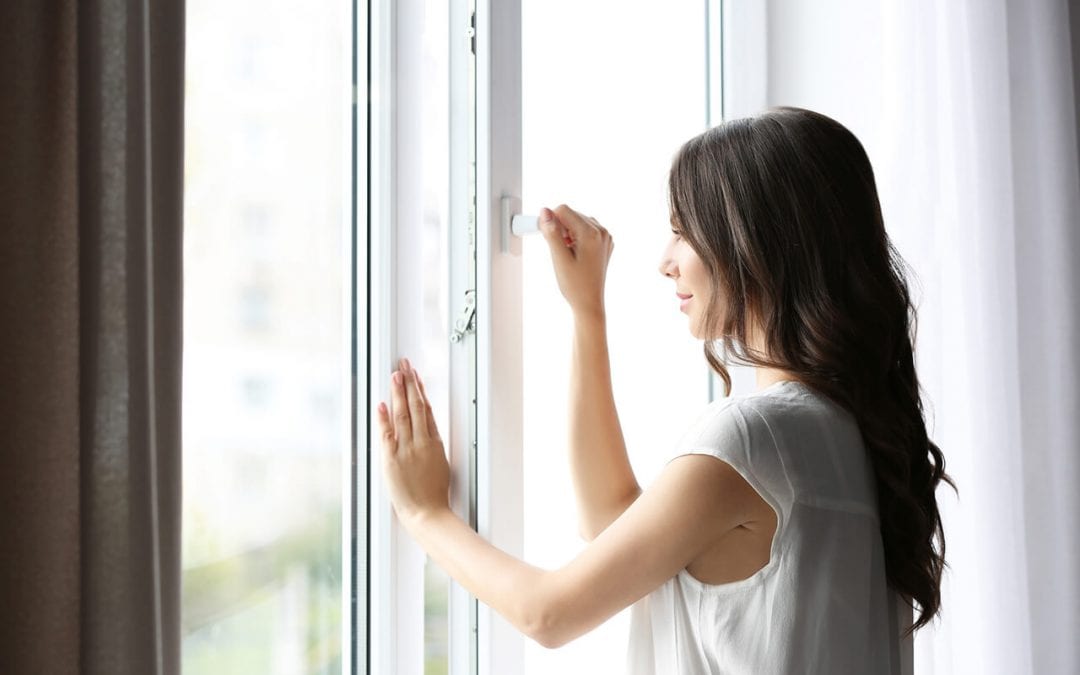
source: pinterest.com
The Minimum Efficiency Reporting Value (MERV) grade is a way to gauge how well a filter can catch different-sized particles. The greater the MERV value, the better the filter captures tiny particles. It’s advised for most homes to have a MERV grade of 8 or above.
Change the Filter Regularly
In operation, residential HVAC filters remove air contaminants. Unfortunately, these filters eventually clog up and lose their ability to accomplish their jobs correctly. So, you need to replace it after a specified amount of time, which commonly ranges from every four months to once a year, depending on the filter being used.
Maintain your HVAC System
Your HVAC system can also impact indoor air quality. Therefore, frequent maintenance is essential. To ensure your HVAC system is operating properly and not leaking pollutants into the air in your house, schedule routine maintenance.
Conclusion
Improving your living area’s air quality is a year-round concern. Using the instructions provided above, will helps to enhance indoor environmental quality, but it necessitates little effort. You can also take experts help from Simply Filters to make your decision.

